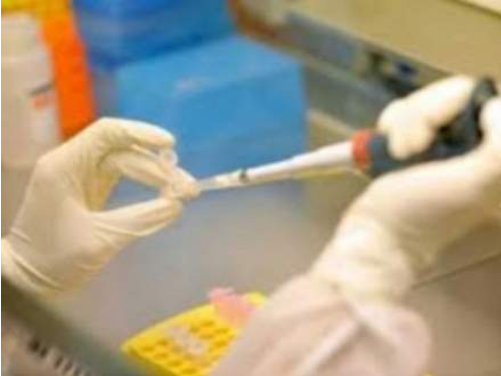Breast cancer gene does not boost risk of death
23 January, 2018

Young women with the BRCA gene mutation that prompted actress Angelina Jolie’s preemptive and much-publicized double mastectomy are not more likely to die after a breast cancer diagnosis, scientists said this month.
In fact, they may have a “survival advantage” over non-carriers if diagnosed with triple-negative breast cancer, a form that is particularly hard to treat, a team wrote in the journal The Lancet Oncology.
“Women diagnosed with early breast cancer who carry a BRCA mutation are often offered double mastectomies soon after their diagnosis or chemotherapy treatment” compared to non-mutation carriers, study coauthor Diana Eccles of the University of Southampton said in a statement.
“Our findings suggest that this surgery does not have to be immediately undertaken along with the other treatment.”
According to the American Cancer Society, women with a mutation in the BRCA1 or BRCA2 genes have a seven-in-10 chance of getting breast cancer by the age of 80. They are also more likely to get it at a younger age than other women.
In 2013, Hollywood star Angelina Jolie announced she had had both breasts surgically removed as a preventative measure after tests revealed she carried the mutation, despite not having been diagnosed with cancer.
For the new study, Eccles and a team recruited 2,733 British women aged 18-40 who had been diagnosed with breast cancer between 2000 and 2008.
Twelve percent of the women had a BRCA mutation.
The team tracked the women’s medical records for an average period of just over eight years, and found that 651 of 678 total deaths were due to breast cancer.
“The study found that there was no difference in overall survival two, five or 10 years after diagnosis for women with and without a BRCA mutation,” a press statement said.
In a subgroup of women with triple-negative breast cancer, those with a BRCA mutation had slightly higher survival rates for the first two years after diagnosis.
TAG(s):
